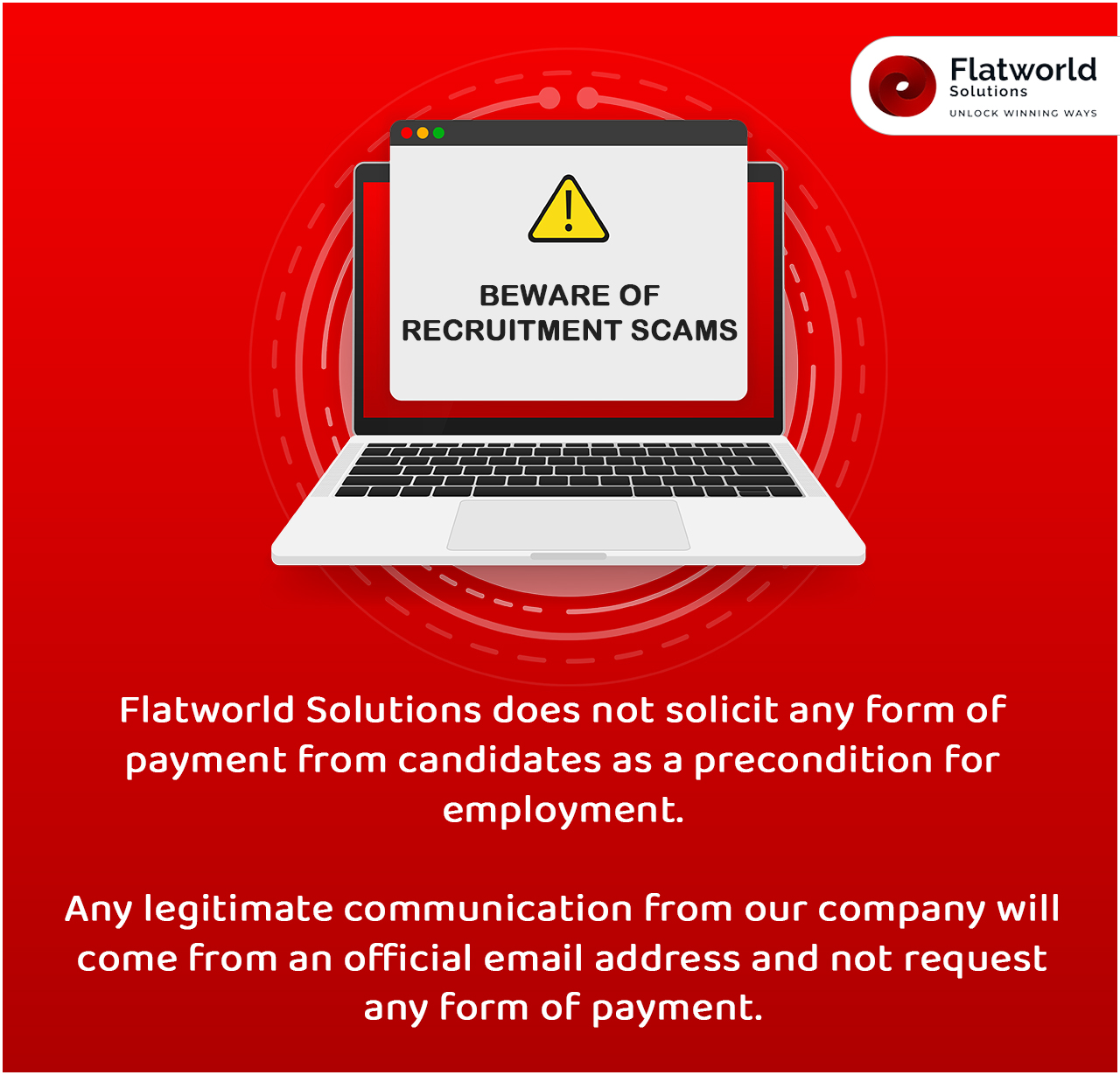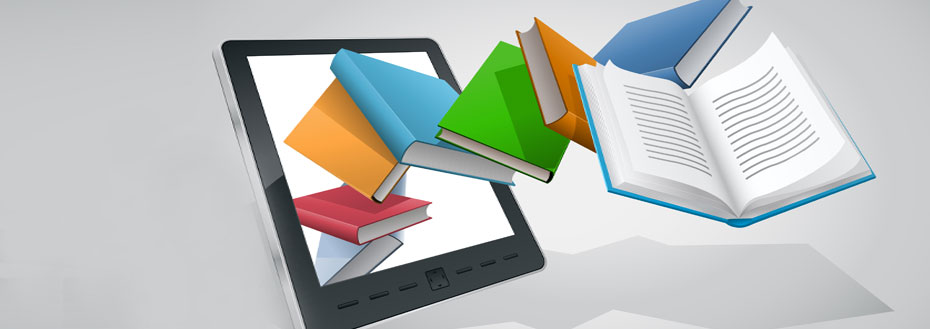When the online mega-retailer Amazon announced in July 2010 that digital e-books outsold hardcover books for the first time in history, industry experts predicted the same fate for paperbacks and heralded the start of the e-book revolution. In late 2011, Amazon announced that their e-book sales had overtaken their sales of paperbacks and hardcover books combined. This has mainly been due to the phenomenal success of the devices upon which we read e-books—digital e-readers, tablet computers, smartphones, etc.—which bring with them the advantages of being convenient, portable, cost-effective and easy-to-use.
The e-publishing industry has grown as a result of the success of these devices, and publishers find that publishing e-books has numerous benefits: lower investment, cheaper production costs, low inventory storage costs, and most important of all, the ability to build a stronger global customer base.
Jeffrey A. Trachtenberg of the Wall Street Journal, commenting on the present e-publishing industry, had this to say: "Book retailers are transforming, as many customers go online to purchase. This move has put a lot of pressure on traditional chain stores to create revenue and profits. Similarly, digital books continue to gain market share, and are now estimated at 8% to10% of revenue for some major publishing (houses)."
The fact is that in addition to changing the way that books are read, e-book readers will change the way that books are published, bought and delivered. Let us take a brief look into the e-publishing industry and the future it holds:
What is the present e-book publication market like?
Publishing e-books is not a new idea, and e-readers have been around for several years, ever since the Franklin e-Bookman was released in 1999. The pervasive spread in awareness of reading on handheld devices, technologically-influenced lifestyle changes, better broadband connectivity and the increasing use of e-books by schools, colleges and universities are all creating a big requirement for digital books, journals and magazines. It was reported in a recent survey of U.S. e-book reader owners that 80% of them preferred using their reader to reading a traditional book. This is a fairly solid endorsement of the e-reading experience and the opportunity it presents to the e-book publication market.
What kind of e-books do people read?
The number of people reading e-books in 2011 went up by 163% over the previous year and by 36% in the last 4 months of 2011, as reported by Goodreads.com after analyzing 19 million books that people have marked as 'finished' on their site over the past three years.
The most popular types of e-books read on e-readers are fiction, e-journals, e-zines and multimedia e-books. e-Learning has also caught up in a big way, with students preferring textbooks in an e-format due to their low cost and convenience, and with universities increasingly preferring them as a solution to the continual updating required of textbooks.
How can issues of piracy and copyright be tackled in the e-book publishing industry?
While publishing e-books, publishers have to address important issues regarding piracy and copyright. Rampant piracy in the music industry has given rise to concern in the minds of book publishers. In order to tackle e-book piracy, e-publishers are using DRM (Digital Rights Management) technology, which inhibits the use of digital content that is not desired or intended by the content provider, and also provides copy protection which cannot be circumvented without modifying the file or device. At present, e-publishing companies such as Amazon, AOL, Apple, Microsoft and Sony all use DRM technology in a bid to protect copyright and fight piracy.
How have authors and publishers reacted to e-book publication?
While a few authors have reservations regarding publication of e-books due to infringement of copyright, most authors are open to publishing their books in an e-format. E-book publishing is especially embraced by new authors who wish to reach out to the largest possible audience in the most cost-effective way. Book publishers, on the other hand, have started using e-publishing to gauge the initial response of a book and reduce pre-production costs.
Who are the main players in the e-reader industry?
Some of the best e-reader brands of 2013 include Amazon's Kindle, the Nook from Barnes & Noble, the Be-book Neo, Apple's iPad and the Sony Reader. They come with a range of sophisticated features including e-Ink technology, LCD color screens, touchscreen navigation and dedicated bookstores offering hundreds of thousands of titles. Additionally, tablet devices like the iPad, Samsung Galaxy Tab, etc., that support e-book apps also have significant market share in the e-publishing industry.
What will be the future of e-books and e-publishing?
The digital publishing industry and e-books are bound to grow in importance in the coming years, especially with diminishing paper stocks, rising production costs and the advancement of technologies used to create feature-rich e-books.
James McFarlane, CEO of Easypress, foresees ePUB 3, the latest version of the open e-book standard, as the leader of the next generation of e-books. He also describes the future of e-books: packed with new features including improved indexing, search, navigation and e-discovery functionality.
Anders Milder, a journalist and media analyst from Sweden who spoke at Online Information 2011, one of the largest e-publishing conferences, anticipated that the consumption of books, like music, will become less passive and more social. This will lead to new forms of e-publishing e-books which will enable readers to share reading experiences, just as they share music and playlists. This trend will further dominate the e-publishing industry, creating a need for publishers to develop new business models and authors to develop works that can be enjoyed as social and shared experiences.
Stephen Page, a keynote speaker at the Future-book 2011 conference held in London, spoke about how e-publishing is quickly becoming more of "connecting the author and the reader", rather than just "publishing services". Keeping this in mind, e-publishers will have to shift their focus from just offering 'publishing services' and adopt a more holistic view of e-publishing e-books.
The expansion of the e-book market has led to the emergence of a wide range of e-book formats, creating a need for e-book conversion and formatting.
Flatworld Solutions, an outsourcing company with over a decade of industry experience, offers superior quality and error-free e-book conversion services for authors, publishers, universities, libraries, corporations and technology companies. We can take your books, magazines, journals, periodicals, encyclopedias, etc., from any input format and convert it into the e-book file format of your choice- ePUB, Kindle or MobiPocket.
Contact us to find out more about e-publishing.
Contact UsAvail best-in-class services at affordable rates
Our Customers





Case Studies
-
FWS Enabled A US-based Funding Company to Streamline Lead Data on Zoho
-
Streamlining Purchase Order Processing for a Leading IT Solutions Provider
-
Flatworld Provided Data Extraction for a Management Consulting Firm
-
Flatworld Solutions Provided Online Data Entry Services to Kansas-based Body Jewelry Client
-
Flatworld Solutions Provided Data Research and Extraction Services to an App-based Nightlife Aggregato

USA
Flatworld Solutions
116 Village Blvd, Suite 200, Princeton, NJ 08540
PHILIPPINES
Aeon Towers, J.P. Laurel Avenue, Bajada, Davao 8000
KSS Building, Buhangin Road Cor Olive Street, Davao City 8000
INDIA
Survey No.11, 3rd Floor, Indraprastha, Gubbi Cross, 81,
Hennur Bagalur Main Rd, Kuvempu Layout, Kothanur, Bengaluru, Karnataka 560077


